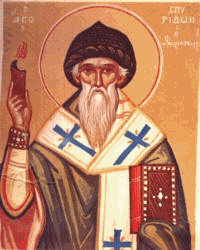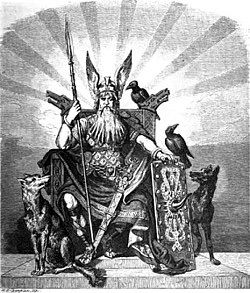Nation Name: Name undecided, but it's going to reflect the pan-Christian (mainly Quaker-Mormon-esque etc) nature of the state
Territory: Mainland - Missionary State (quasi-colony)
#AltDiv (do not delete this, it's for keeping track of the apps)
*Note: Reservations will last for 72 hours. The OP board reserves the right to be subjective in regards to accepting reservations.
Tracian Empire wrote:
It looks alright to me, so you can consider it partially accepted.
What I mean by that is that I'm not exactly familiar with the region, so one of my objectives here is to make sure that another nation can exist in the area, in the place you're leaving empty in the Eastern US.
So I'll have to ask another member of the board first, but until then, it will be reserved for you.
My main suggestion would be that we all vacate the Louisiana-Mississippi region (since to my knowledge controlling New Orleans without controlling the Mississippi river makes it less significant) , allowing for somebody to apply for that wider region. That just leaves the Hudson Bay area and West Coast which could be colonised separately via their coastlines.

























